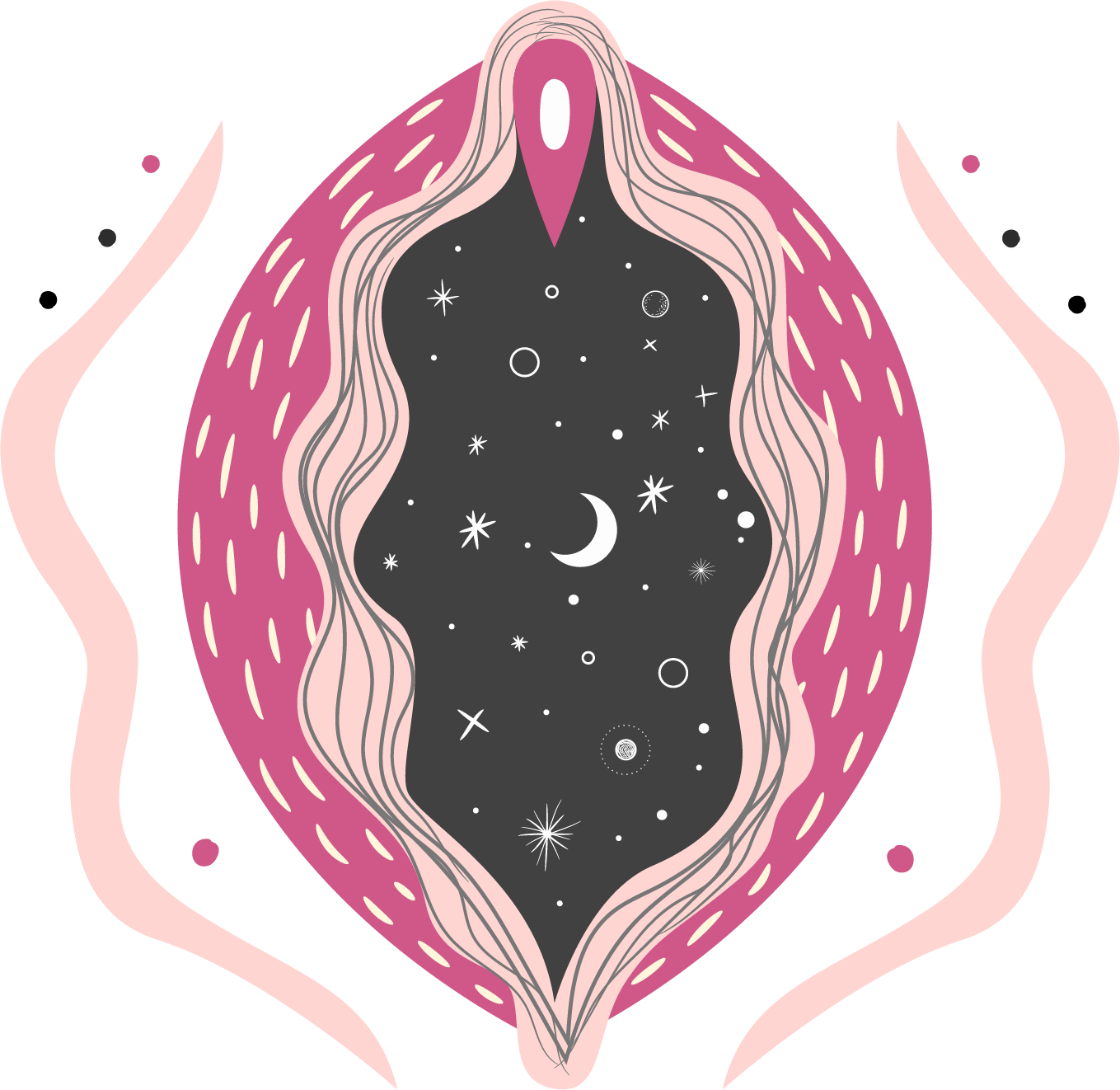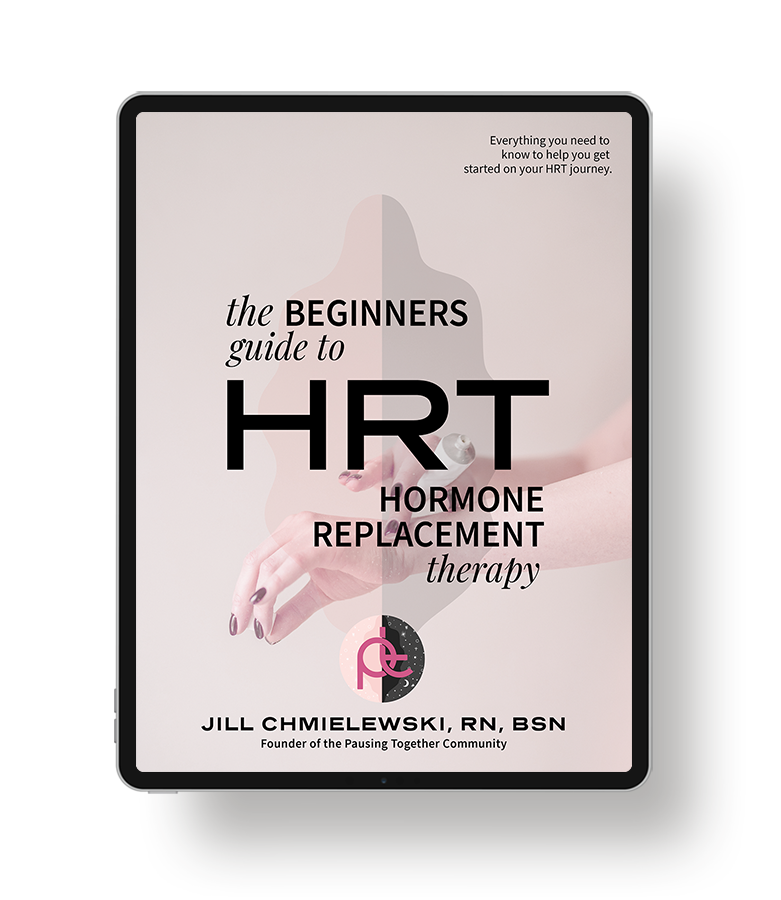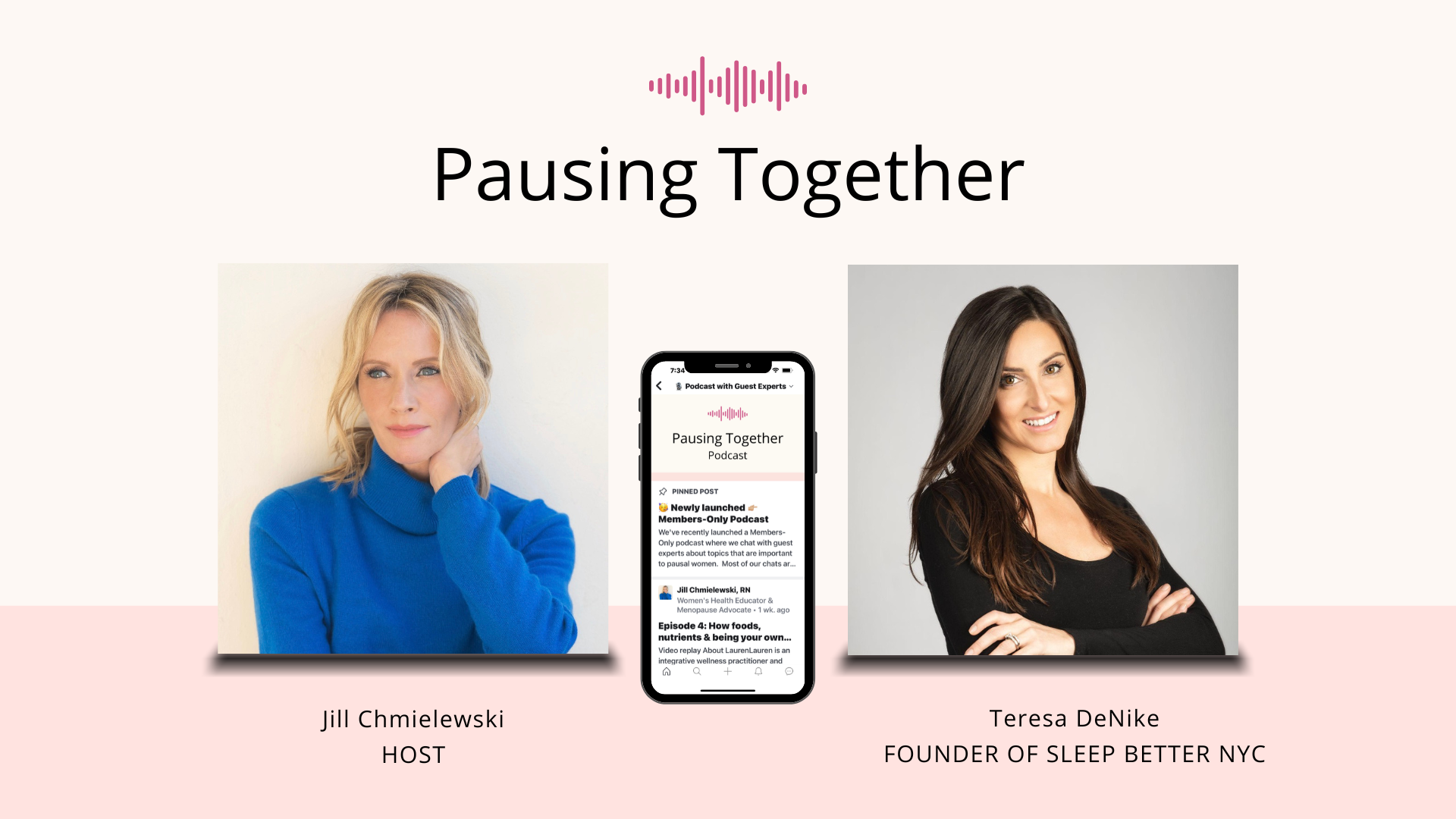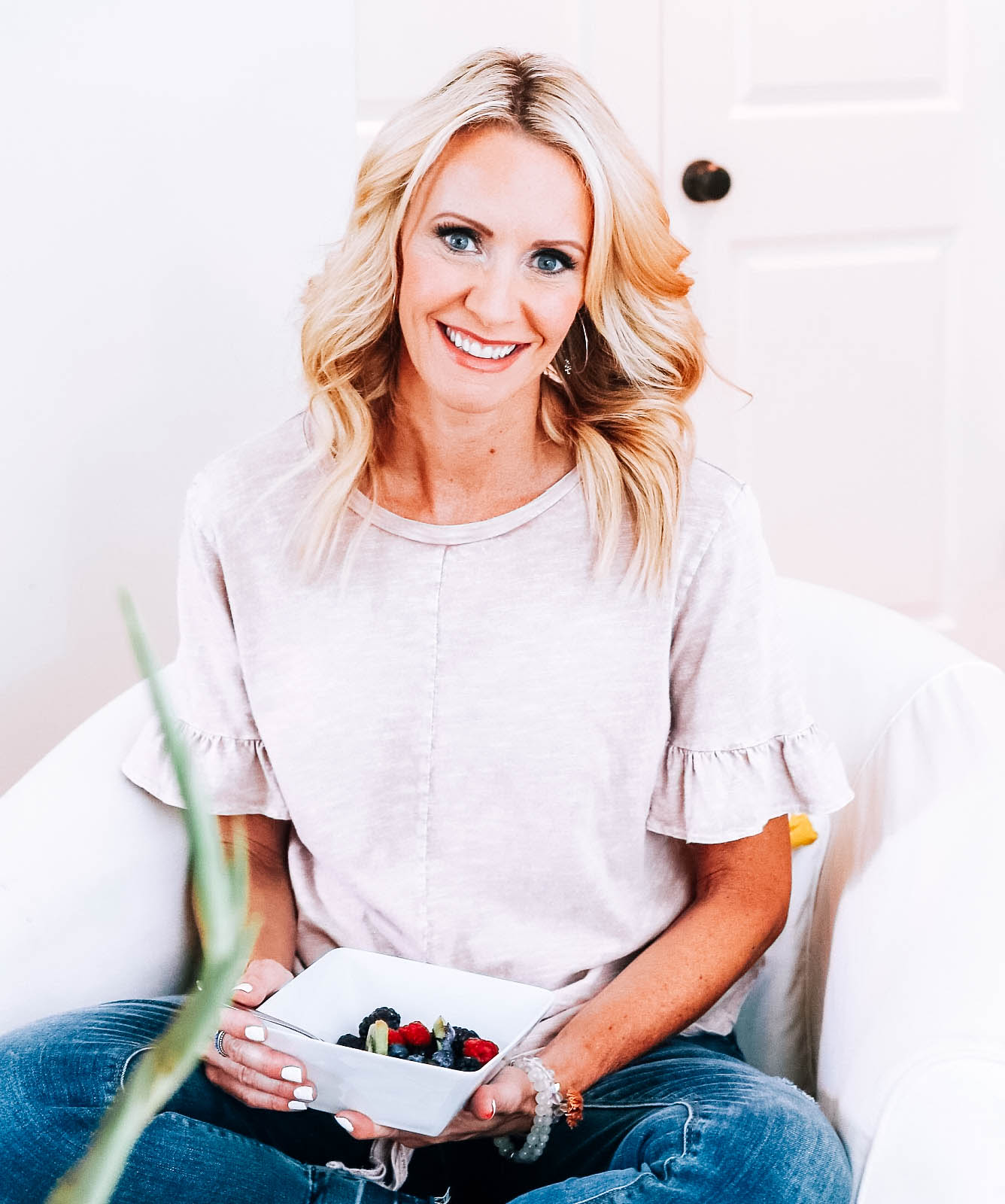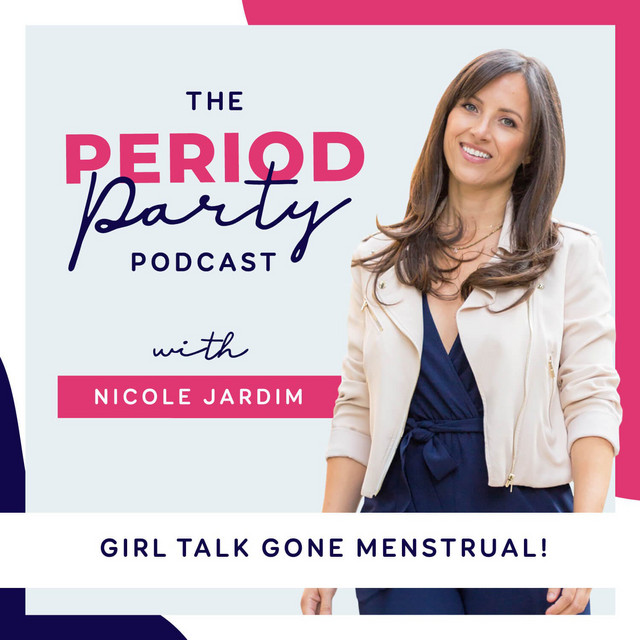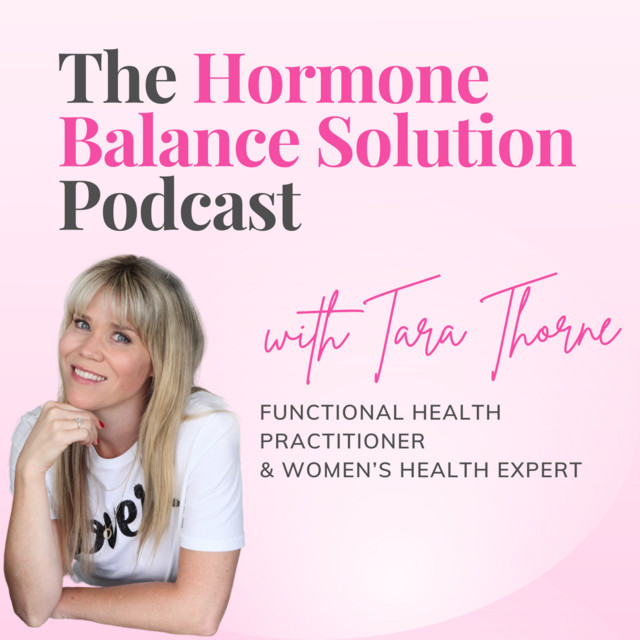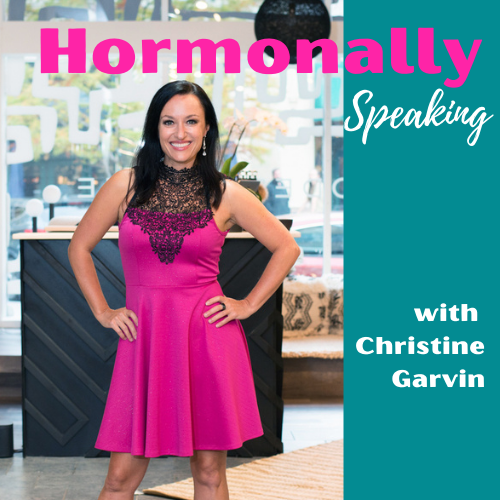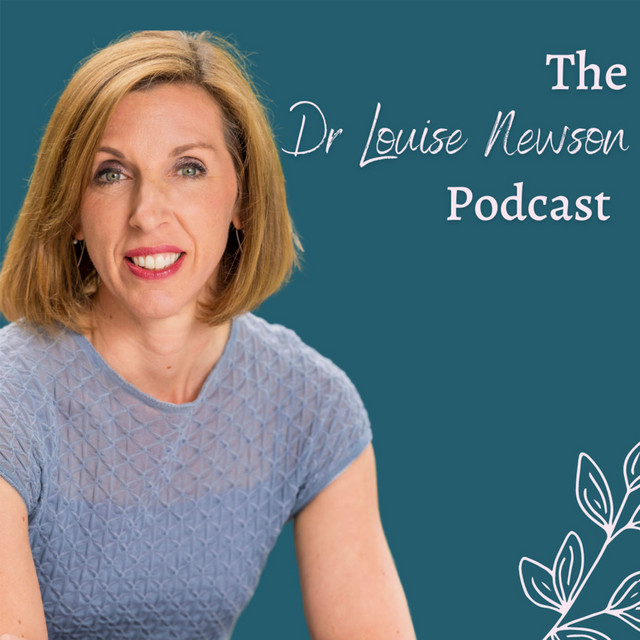About Teresa DeNike
Teresa is a board-certified clinical sleep educator, national speaker, and the founder of Sleep Better NYC. Her expertise is in sleep apnea, sleep hygiene, and mindset for sleep and overall wellbeing. After 14 years in healthcare sales and consulting, Teresa witnessed countless family, friends, and patients struggle through the typical pathways for sleep support. SBNYC was founded as a solution to provide accurate and realistic guidance to sleepy people.
Timestamps
Highlights
- Around 80% of people who have constructive sleep apnea (OSA) are undiagnosed, but in women, almost 90% are undiagnosed
- A lot of people with OSA go undiagnosed because we have a stereotype of what a person OSA looks like or presents
- Upper airway resistance syndrome (UARS) is common among young, fit athletes
- Obstructions in our airway can be caused by multiple things including our tongue, enlarged tonsils or adenoids, having a small neck, muscle atrophy, and muscle weakness (which happens as we age)
- Diagnosis can be tricky because women may not know the symptoms of sleep apnea, and clinicians are not trained to ask questions that would alert them to the possibility of sleep apnea
- Getting up multiple times at night to use the bathroom is a very clear sign of sleep apnea. Research has shown that 80-90% of people who have frequent nighttime urination have sleep apnea too
- There are several self-administered questionnaires that can help a woman determine whether she may be suffering from sleep apnea
- ESS Epworth Sleepiness Scale
- Stop-Bang Questionnaire
- OSA-50 (geared toward women)
- If you suspect that you have sleep issues, Sleep NYC offers support with diagnosis and testing, as well as sleep coaching and other support options
- CPAP is the most effective treatment for sleep apnea but other options include Oral appliance therapy, which needs to be customized for the individual
- Weight loss and other lifestyle treatments can be helpful when used in conjunction with a CPAP machine or device, but may not move the needle as much as women are expecting; myofunctional therapy can be very helpful for patients with OSA. Sleep coaching is very helpful.
How to find/work with Teresa
- www.sleepbetter.nyc (sleep shop at the top) or, www.sleepbetter.nyc/sleep-shop
- Instagram: @sleepbetternyc
- Facebook: Sleep Better NYC
- Goodself: @sleepbetternyc
